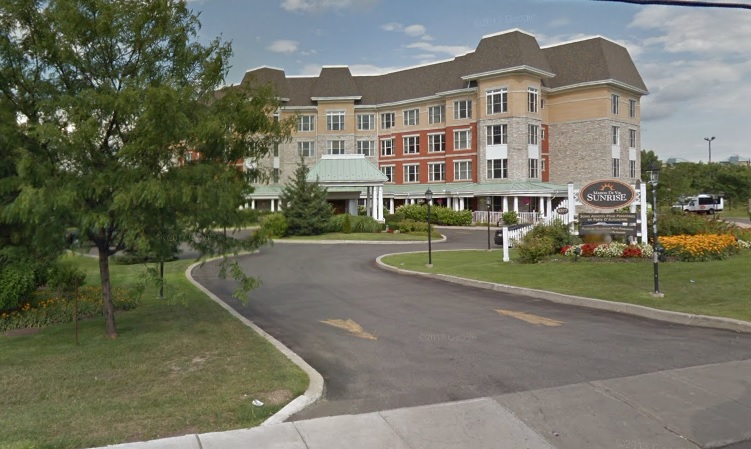Employees usually have to be informed they’re on camera, but that’s not the case for some workers in Quebec

By Jeffrey R. Smith
Do you feel like you’re being watched?
In today’s modern world, wherever you may be, you probably are. With improvements in video technology and concerns over security, cameras are everywhere – whether it be traffic cameras at intersections, security cameras in stores and public transportation, or cameras at residential building entrances. So it’s safe to assume they’re in your workplace, too.
Video surveillance of employees in workplaces has been a sticky issue at times, as many have argued against it as a violation of employee privacy. Sure, it makes sense for security reasons to have cameras in certain locations, but if employees are being observed constantly, there could be concerns. Would you like to be monitored the entire time you’re working?
There have been cases where video surveillance of employees has been challenged. Often, having certain public areas monitored is OK, but there have been lines drawn at individual workstations. This makes some sense, as monitoring individual workstations is likely to be less for security purposes and more for monitoring individual performance and activities. This is where employers can run afoul of privacy concerns.
It’s been established in legal jurisprudence that generally, when a workplace is under video surveillance, employees must be notified. This can be done with signs in the workplace or notices sent to employees. Either way, employees should be made aware of it. And it’s probably good business practice anyway – if employees discover the employer has been secretly monitoring them, it won’t help employee relations and the employer will come off as a little shady.
But what about when employees work outside of the employer’s premises, or when they work closely with clients and the clients have surveillance set up? Recently, the Quebec government announced that it will be tabling a new regulation that allows residents in provincially run, long-term care facilities to have cameras in their rooms without notifying either the facility or its employees. As a result, employees of such facilities could be filmed without their knowledge.
The main justification for this new regulation is to protect residents of these facilities, who are vulnerable and are at risk of abuse. Cameras could help catch abusers and thieves, and could also provide a deterrent to such behaviour. However, unions representing social workers in these facilities expressed concern the videos could be used to evaluate employee performance without their knowledge. They could also just reveal too much about employees that they might not want recorded and at risk of exposure.
The regulation stipulates confidentiality must be maintained, but can that be guaranteed when it’s the private residents who own the surveillance footage? It’s a tricky balance between the rights of the private residents and the employees working to take care of them. Ultimately, the employer has no control over video surveillance of employees – as would be the case for employees going outside the workplace while on the job – so employees in such circumstances should probably just assume they are always under surveillance and act accordingly.
That might not be such bad thing for security and job performance, but not an ideal situation for employees. But at least in Quebec long-term care facilities, they’re going to have accept that it comes with the territory.




